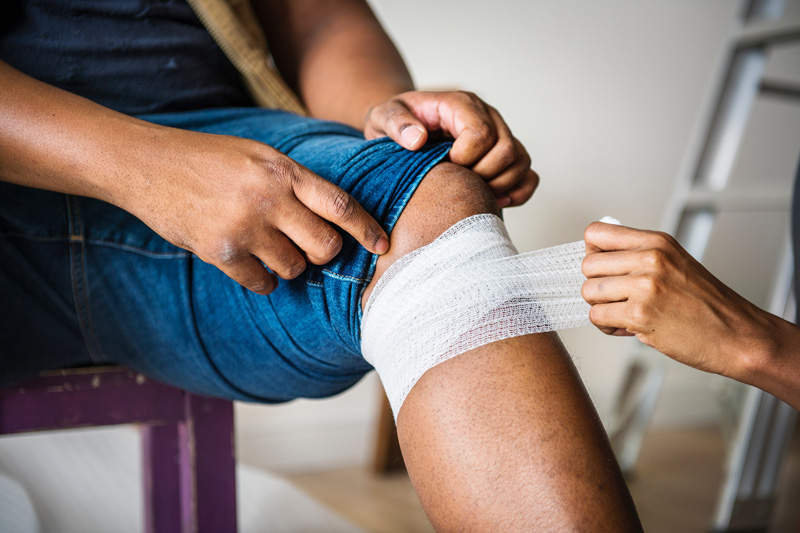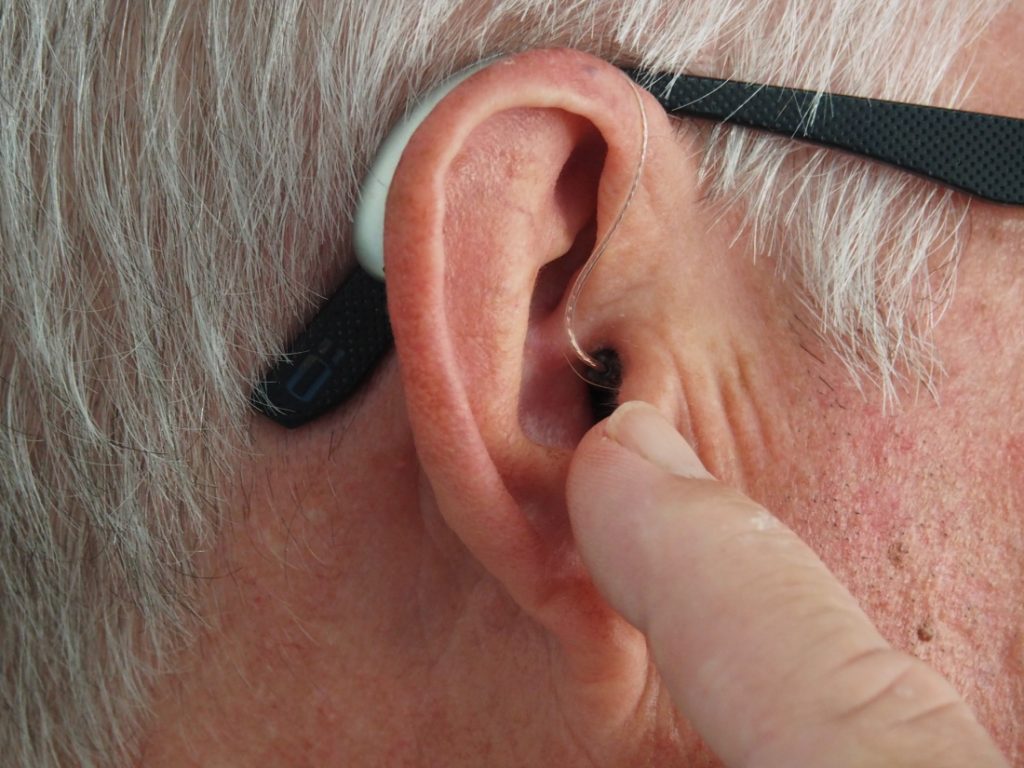- Ear pain, caused by factors like infections, blockages, or injuries, can significantly impact daily routines.
- Ear infections, predominantly bacterial or viral, are the most common cause of ear pain, often treated with antibiotics.
- Blockages from earwax, sinus congestion, or foreign objects can induce ear pain and need medical intervention.
- Other causes include ear injuries, Temporomandibular Joint (TMJ) disorders, dental problems, and tinnitus.
- Preventing ear pain involves avoiding loud noises, regular ear cleaning, keeping ears dry, and frequent ENT checkups.
Ear pain is a common problem that people of all ages face. Various factors, such as infections, blockages, or injuries, can cause it. Sometimes, ear pain can be so severe that it affects a person’s daily routine and quality of life. Here’s what you need to know about ear pain, why it happens, and ways to prevent it.
What is Ear Pain?
Ear pain is a feeling of discomfort in one or both ears. It can be sharp, dull, burning, throbbing, or radiating. It can range from mild to severe and lasts a few seconds to several days. Depending on the cause, ear pain may be accompanied by other symptoms such as fever, dizziness, headache, and hearing loss.
What Causes Ear Pain?
A wide range of conditions can cause ear pain. Some of the most common causes are:
1. Infections
Ear infections are the most common reason for ear pain. Children are more susceptible to ear infections than adults, but they can happen to anyone. Symptoms of ear infections include pain, fever, loss of balance, and trouble hearing. Your doctor may prescribe antibiotics or ear drops to relieve the symptoms. If the pain persists after treatment, you may need to see an ear specialist for further evaluation.
2. Blockages
Blocked ears can cause pain, pressure, and reduced hearing. Earwax buildup, sinus congestion, and foreign objects are common causes of blockages. If you have a lot of earwax, your doctor may clean it or prescribe ear drops to soften it. Over-the-counter nasal sprays or decongestants can help with sinus blockages. If you suspect a foreign object in your ear, do not try to remove it yourself. Seek medical attention immediately.
3. Injuries

Ear injuries can be painful and scary. They can happen due to a blow to the ear or exposure to loud noise. Ear injuries can cause a ruptured eardrum, bleeding, or hearing loss. If you have an ear injury, seek immediate medical attention. Treatment depends on the severity of the injury and may include antibiotics, ear drops, or surgery.
4. TMJ Disorder
The temporomandibular joint (TMJ) connects the jawbone to the skull. TMJ disorders can cause ear pain, clicking sounds, and difficulty opening the mouth. This happens when the joint is misaligned or inflamed. Treatment for TMJ disorders includes medication, physical therapy, and sometimes surgery.
5. Dental Problems
Believe it or not, dental problems can cause ear pain. When a person has an infection or inflammation in their teeth or gums, it can affect the surrounding structures, including the ears. If you are experiencing ear pain, discussing your dental health with your dentist is important.
6. Tinnitus
Lastly, there’s tinnitus. It’s a condition where people hear noises in their heads or ears that aren’t there. This can be caused by prolonged exposure to loud noise, medications, allergies, and other underlying medical conditions. If you feel like you have this disorder, you can look for an effective treatment option for tinnitus. The treatment option should focus on managing the symptoms and reducing stress levels.
Prevention
Prevention will always be better than cure. Here are four ways to prevent ear pain:
Avoid Loud Noises
You must protect your ears from loud noises. This includes avoiding listening to music at high volumes, using hearing protection while attending concerts, and wearing earplugs in noisy places.
Clean Your Ears Regularly
Regularly clean your ears with a cotton swab or unique ear-cleaning solutions. Don’t insert any objects into your ears, as this can damage the sensitive skin inside your ears and cause pain.
Avoid Water in Ears
Protect your ears from water when showering, swimming, or bathing. Wear earplugs if you will be exposed to water for an extended period.
Get Regular Checkups

Ensure you get regular checkups with an ENT (ear, nose, and throat) doctor. This will help monitor any changes or abnormalities in your ears and provide proper treatment if needed.
Ear pain can be scary and uncomfortable. It’s important to know what causes it so that you can take the necessary steps to prevent it. If you experience ear pain, consult your physician for an accurate diagnosis and treatment plan.

